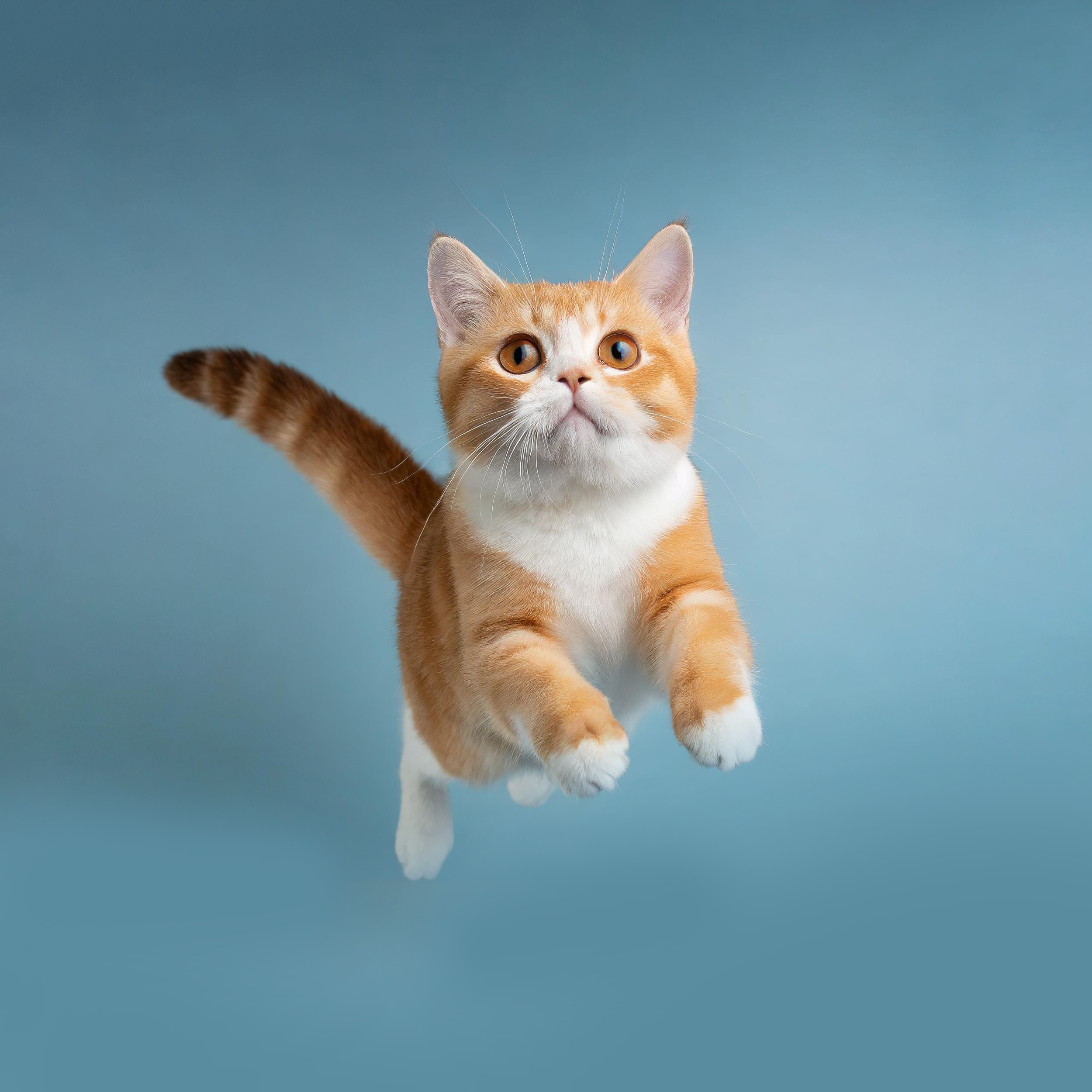Kidney Disease
Improper kidney function can lead to the accumulation of toxins in the blood and cause an imbalance in fluid levels. Symptoms associated with this illness include heartburn, weight loss, increased thirst, and urination.
A diet rich in phosphorus and high-quality protein may be necessary to support kidney function. This process can only be managed in cooperation with an experienced nutritionist. Regular visits to the veterinarian and the practice of competent care of the companion animal will help to manage the disease and adjust the treatment strategy.
Diabetes
Diabetes is a chronic disease caused by high blood sugar levels. In diabetes, the pancreas can’t produce enough insulin which may cause damage to the kidneys, cardiovascular and vision systems. Symptoms of diabetes include increased thirst, changes in appetite, and sudden weight loss. While a balanced diet can help regulate your companion animal’s blood sugar levels, insulin therapy may still be necessary to manage the process.
Dental Problems
Common Munchkin dental problems often include periodontitis and tooth resorption. Periodontitis develops against the background of a decrease in the body’s immunity and causes damage to the tissues that fix the tooth in the socket. As for resorption, this disease often takes place secretly under the gums and causes the decay of the tooth root.
Be sure to follow your veterinarian’s advice to manage these dental problems. Without proper treatment, these diseases can cause pain and difficulty eating. For prevention, it is recommended to regularly take care of the oral health of your companion animal.
Urinary Tract Diseases
Urinary tract diseases affect the health of the cat’s genitourinary system and include infections such as cystitis, and urethritis. Cystitis is an inflammatory process of the wall of the bladder, mainly its mucous membrane, which is caused by microbes that have entered the bladder. As for urethritis, it refers to acute inflammation of the duct leading out of the bladder. Like cystitis, urethritis is also caused by germs and bacteria.
Symptoms associated with urinary tract diseases may include bloody urination, urinary retention, or, conversely, incontinence. For prevention, we recommend making sure your companion animal’s body is properly hydrated. Follow a balanced diet and immediately consult a veterinarian if you notice the above-mentioned symptoms.

